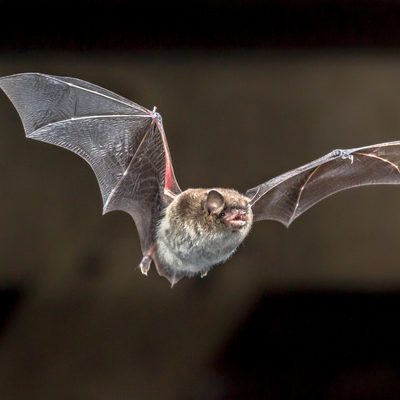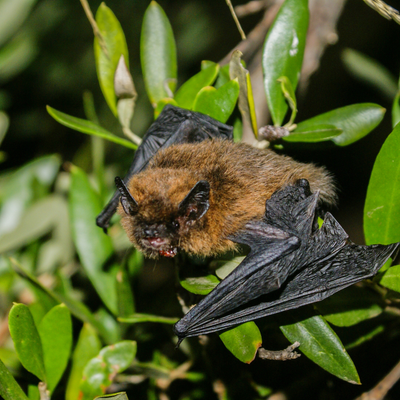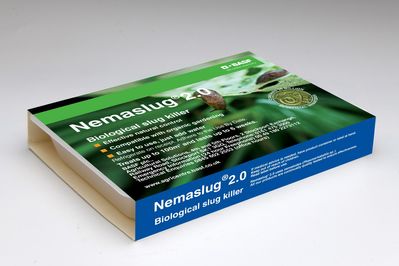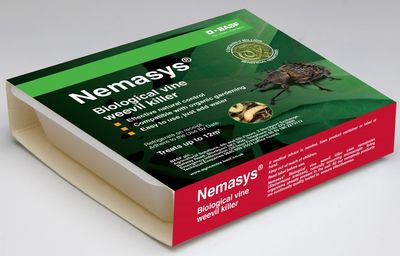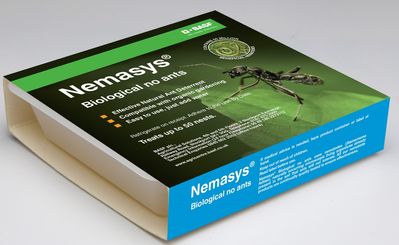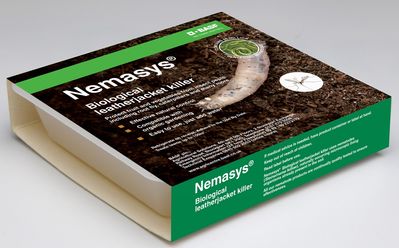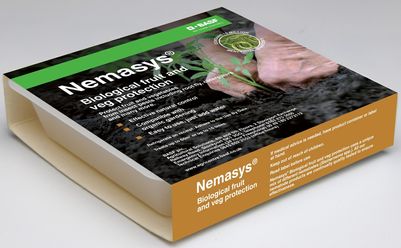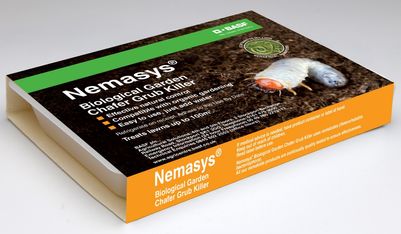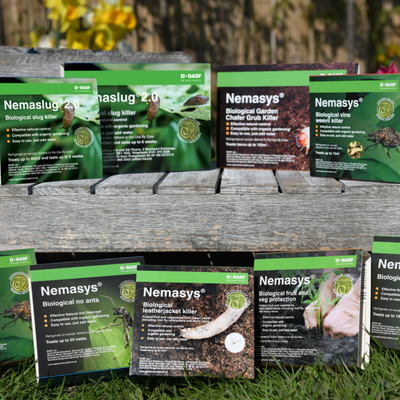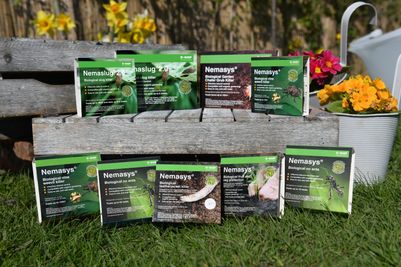Bat Appreciation Week - Live in harmony with these not-so-spooky nocturnal creatures!
Published:
Read Time: 3 mins
Bat Appreciation Week - Live in harmony with these not-so-spooky nocturnal creatures!
We all know that bats are not really the spooky creatures that they’re often depicted as in literature, and this Bat Appreciation Week (24th and 31st October 2024), biological pest control company, Nemasys, is highlighting the vital role they play in maintaining a balanced ecosystem and how gardeners can protect their green spaces without endangering these crucial creatures.
Choosing Natural Solutions
As natural pest controllers, bats consume a variety of flying insects that can often be seen as a nuisance in the garden, but, rather than working with these creatures, some gardeners can disadvantage them while trying to protect their plants – particularly if chemical pesticides are used.
The UK bat population accounts for over a quarter of all British mammals, representing a staggeringly substantial portion of UK wildlife. However, the conservation status of bats in the UK is concerning. Of the 17 species of bats found in the UK, four are classified as red-listed species, indicating a high risk of extinction due to declining populations and shrinking habitats.
Bats are essential for controlling insect populations, and their decline could lead to an increase in pests, which would impact agriculture and gardens, prompting a greater reliance on chemical pest control. Pesticides are particularly harmful, as they eliminate a wide range of insects, including those that are beneficial as they often spread further afield away from the treated area, and even into waterways.
To minimise this risk and to further support biodiversity and maintain a healthy garden, gardeners are encouraged to use Nemasys nematodes. These biological microscopic worms offer an eco-friendly solution that targets pests, while preserving bats' food sources and the wider natural world. By making conscious decisions about the products used in the garden, gardeners can protect these vital creatures and the ecosystem. While bats help control flying insect populations, nematodes effectively manage pests on the ground, allowing for a harmonious balance where bats take care of the pests in the air and nematodes keep the soil pest-free. Together, they create a dynamic partnership that supports a flourishing garden environment.
Nemasys offers a range of eco-friendly, biological pest control solutions tailored to manage various garden pests while preserving the natural ecosystem. Each Nemasys product is specifically formulated to target different types of pests:
·
Nemaslug 2.0 – Controls most common species of small to medium sized slugs. Biological
· Biological Chafer Grub Killer – controls and kills grub larvae to protect lawns
· Vine Weevil Killer - controls vine weevil larvae and pupae
· Biological No Ants – disrupts ant nests to encourage them to move away from the treated area
· Biological Leatherjacket Killer - controls newly hatched larvae that attack grass roots
· Biological Fruit and Veg Protection – targets a broad range of garden pests including carrot and cabbage root fly, cutworms, onion fly, sciarid fly, caterpillars, gooseberry sawfly, thrips, shore fly and codling moth.
By choosing Nemasys products, gardeners can maintain a healthy and vibrant garden while protecting the habitats of bats and other important wildlife.
To find out more about how nematodes work, take a look at this short video - https://youtu.be/JHNG1KSluh0
For further information please visit https://www.nemasysinfo.co.uk/
and follow @basf_nemasys_uk on Instagram.
Ends
Editors notes
Nematodes are naturally occurring microscopic worms, already present in our soil. Beneficial nematodes attack and kill targeted garden pests. They are compatible with organic farming, easy to use and can even be kept in your fridge!
Research scientists have isolated the nematodes that kill specific garden pests including Slugs, Vine weevils, Leatherjackets, Caterpillars, Codling moth and much more.
BASF’s state of the art production facility in the UK produces billions of nematodes in a form that is easily applied by gardeners. Over 20,000 different species of nematodes have been classified, although some estimates put the total figure closer to one million! BASF has the largest specialist nematode production facility in the world, growing trillions of beneficial nematodes for use in their Nemasys range of pest control products.
BASF experts are available for interviews, features and expert comment on biological pest control management, and product is available for reviews, competitions and product trials.

